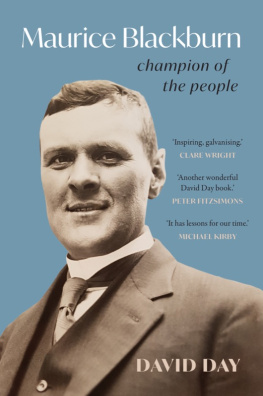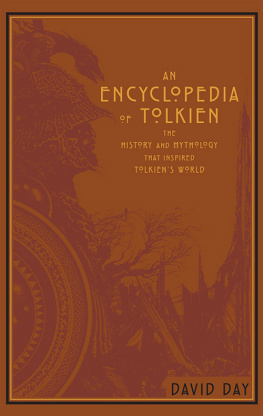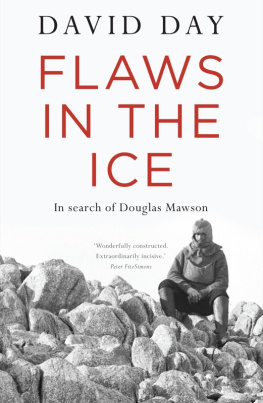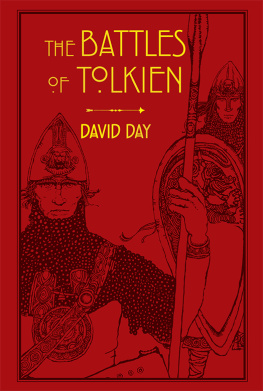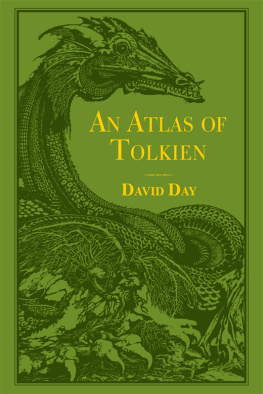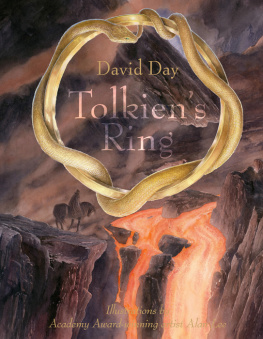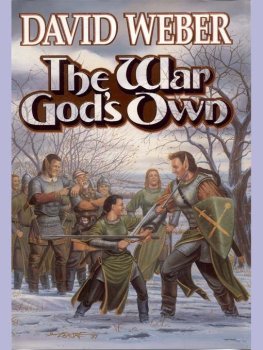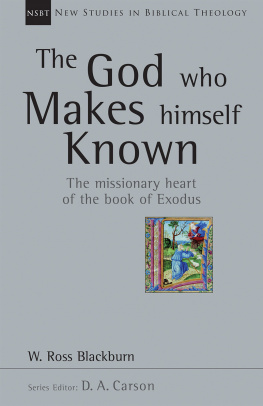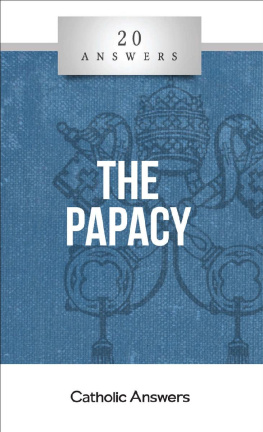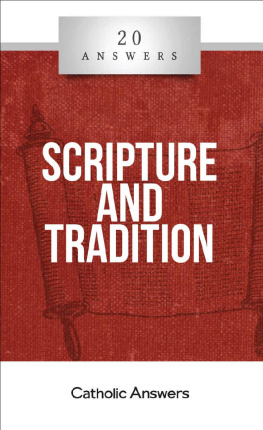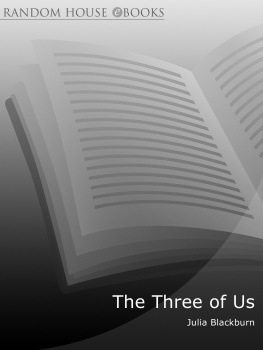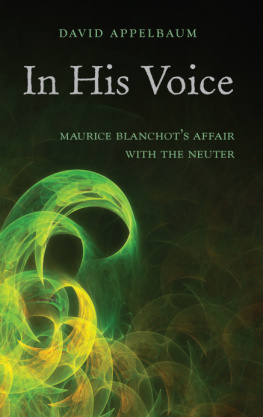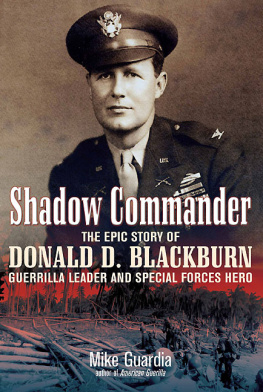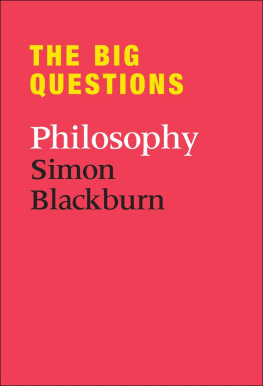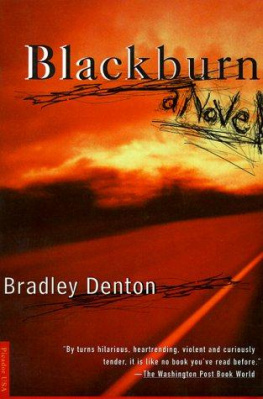David Day - Maurice Blackburn: champion of the people
Here you can read online David Day - Maurice Blackburn: champion of the people full text of the book (entire story) in english for free. Download pdf and epub, get meaning, cover and reviews about this ebook. year: 2019, publisher: Scribe Publications, genre: Non-fiction / History. Description of the work, (preface) as well as reviews are available. Best literature library LitArk.com created for fans of good reading and offers a wide selection of genres:
Romance novel
Science fiction
Adventure
Detective
Science
History
Home and family
Prose
Art
Politics
Computer
Non-fiction
Religion
Business
Children
Humor
Choose a favorite category and find really read worthwhile books. Enjoy immersion in the world of imagination, feel the emotions of the characters or learn something new for yourself, make an fascinating discovery.
- Book:Maurice Blackburn: champion of the people
- Author:
- Publisher:Scribe Publications
- Genre:
- Year:2019
- Rating:4 / 5
- Favourites:Add to favourites
- Your mark:
- 80
- 1
- 2
- 3
- 4
- 5
Maurice Blackburn: champion of the people: summary, description and annotation
We offer to read an annotation, description, summary or preface (depends on what the author of the book "Maurice Blackburn: champion of the people" wrote himself). If you haven't found the necessary information about the book — write in the comments, we will try to find it.
Maurice Blackburn: champion of the people — read online for free the complete book (whole text) full work
Below is the text of the book, divided by pages. System saving the place of the last page read, allows you to conveniently read the book "Maurice Blackburn: champion of the people" online for free, without having to search again every time where you left off. Put a bookmark, and you can go to the page where you finished reading at any time.
Font size:
Interval:
Bookmark:

Maurice Blackburn
DAVID DAY is a bestselling and prize-winning biographer and historian, several of whose books have been published to acclaim in the United States and Britain and have been translated into numerous languages. His previous works include biographies of Andrew Fisher, John Curtin, Ben Chifley, and Paul Keating. Among his many academic posts, David Day has been a junior research fellow at Clare College in Cambridge, a by-fellow at Churchill College in Cambridge, and a visiting fellow at the University of Aberdeen and the Australian National University. He spent three years as a visiting professor of Australian history at University College, Dublin, and two years as professor of Australian studies at the University of Tokyo. He is currently an honorary associate in the history program at La Trobe University. Maurice Blackburn: champion of the people is his twentieth book.
Scribe Publications
1820 Edward St, Brunswick, Victoria 3056, Australia
2 John Street, Clerkenwell, London, WC1N 2ES, United Kingdom
First published by Scribe 2019
Copyright David Day 2019
All rights reserved. Without limiting the rights under copyright reserved above, no part of this publication may be reproduced, stored in or introduced into a retrieval system, or transmitted, in any form or by any means (electronic, mechanical, photocopying, recording or otherwise) without the prior written permission of the publishers of this book.
9781925713787 (hardback)
9781925938067 (e-book)
A catalogue record for this book is available from the National Library of Australia.
scribepublications.com.au
scribepublications.co.uk
Dedicated to the memory of John Moore, 19492019
Maurice Blackburn was a great scholar,
a great gentleman, and a great Australian
Sir John Vincent Barry
Contents
Chapter 1
Inglewood
To 1885
when the red wine sparkles bright
On 1 April 1944, a straggle of people made their way along the narrow road from Box Hill station to the nearby cemetery, with its boundary of pine trees enclosing the neatly arranged memorials. Beneath a threatening sky, the walkers weaved among the private and official cars that had brought friends and family and a bevy of government ministers to farewell Maurice Blackburn. The political activist, lawyer, and politician had been a modest man who had devoted his life to the betterment of his fellow Australians. He had been the most independent of politicians and had the distinction of twice being expelled by the Labor Party for taking a stand on matters of principle. Blackburn was described by a journalist as being both the most lovable and most fearless man in the federal parliament. His grieving widow was so upset by the way her husband had been treated by political friends and foes alike that she spurned Labor prime minister John Curtin when he offered his condolences. The politicians had come from Canberra to pay their respects at the brief graveside service, joining judges and trade-union officials, Catholics and communists, and hundreds of ordinary people whose lives hed touched. Their sorrow was exacerbated by the ignominious manner of Blackburns recent parliamentary defeat and the untimely nature of his death.
*
The making of Maurice Blackburn began in the central Victorian town of Inglewood, about 45 kilometres north-west of Bendigo. It was one of many towns that had suddenly sprung into existence in the wake of the great gold discoveries of the 1850s. Aboriginal hunting grounds had been swept away in the 1830s and 1840s by gun-toting squatters and their sheep, who were pushed aside in their turn by the swarm of people scouring the unfenced land for the glint of gold. The newly established town of Inglewood, with its hastily built hotels and stores of wood and canvas, counted 40,000 inhabitants by 1860, only to have the gold-seekers move on as the easy pickings of alluvial gold petered out. The precious metal was still there in abundance, but it was caught in the quartz rock and buried deep down, which required companies with capital to explore the depths and erect the crushing machinery to separate the ounces of gold from the tons of quartz. The industry provided a solid economic foundation for Inglewood after the town was partially burnt to the ground in 1862, destroying its commercial centre. There was still money to be made from the deep leads, while a substantial Chinese camp continued to exist on the outskirts of the town. Some of the Chinese picked over the mullock heaps for overlooked nuggets. Others turned to market gardening or to shopkeeping in the rebuilt town, which now boasted solid buildings of brick and stone. The two-storey Bank of Victoria building in the towns main street was one of the most imposing, and it was there that Maurice Blackburn was born on 19 November 1880.
Maurices parents were as solid as the new town. His father, also Maurice Blackburn, was the son of the late city surveyor in Melbourne, James Blackburn, whod enjoyed a successful career in the colonies as an architect and engineer. Starting in Tasmania in the 1830s, James designed many of that colonys finest roads, bridges, and churches, as well as a water-supply scheme for Hobart. Before arriving in Tasmania, hed been an inspector of sewers in London, while speculating in property on the side. The dark secret of the Blackburn family was that James had been sent to Tasmania in chains after being convicted of forging a cheque to cover his debts and being sentenced to transportation for life. His wife, Rachel, and their daughter followed him out. His talents as an engineer and architect proved so useful to the colonial administration that he was given an early pardon and was able to describe himself again as gentleman. This didnt stop him being horse-whipped in a Hobart street by a disgruntled builder, upset over an unpaid bill. Yet Jamess success allowed him to buy land in Campbell Town, in the mid-east of the island, where his son Maurice was born in 1848.
When James and his family sailed across Bass Strait to Melbourne in early 1849, he set up shop in Collins Street as an Architect and Civil Engineer. The recently established settlement desperately needed his expertise. Its drinking and bathing water came from the heavily polluted Yarra River and was carted in barrels to householders and businesses. The resulting waterborne typhoid had already taken three of his children. In response, Blackburn helped establish the Water Company, which set up pumping equipment in a specially designed building next to the river on the corner of Elizabeth and Flinders streets. To the annoyance of the existing water carriers, the company filtered the river water through sand and charcoal and sold it for a penny a barrel. Jamess enterprise was immediately rewarded by Melbourne appointing him as the city surveyor, which saw him explore the nearby ranges for pristine streams that could be dammed to provide clean water for the fast-growing settlement. Unfortunately, his plans were still being implemented when he was also stricken with typhoid and died in 1854. He was buried as a member of St Marks Anglican church in Fitzroy, which was yet another church hed designed. Only five of his ten children survived him. Maurice was the youngest of them all, being only about five years old at the time of his fathers death.
While Jamess oldest son followed him into architecture, young Maurice chose the more-certain employment that could be found as an employee of the Bank of Victoria. With the wealth from gold and a fast-expanding population, it was a good time to be a banker. Presumably, he didnt inform the bank of his fathers conviction for forging a cheque when he applied for the job at the age of seventeen. In fact, he may not even have known of his fathers conviction, for such things were a matter of shame during much of the 19th and 20th centuries. If he did know of it, he certainly didnt pass the information onto his own son, who was unaware of it until late in life. Whatever the state of his knowledge, the young teller was soon appearing in court cases of his own, ironically as a bank witness against people forging cheques. In the same way that he made a credible witness for a succession of magistrates, he must have made a good impression on his employer, because he was gradually promoted until by May 1876 he was made acting manager of the banks Inglewood branch at the age of just 27, with the position becoming permanent later that year.
Next pageFont size:
Interval:
Bookmark:
Similar books «Maurice Blackburn: champion of the people»
Look at similar books to Maurice Blackburn: champion of the people. We have selected literature similar in name and meaning in the hope of providing readers with more options to find new, interesting, not yet read works.
Discussion, reviews of the book Maurice Blackburn: champion of the people and just readers' own opinions. Leave your comments, write what you think about the work, its meaning or the main characters. Specify what exactly you liked and what you didn't like, and why you think so.

